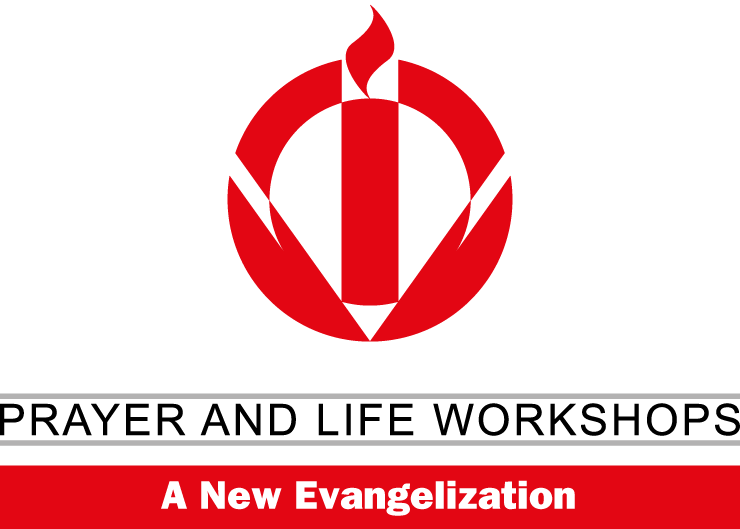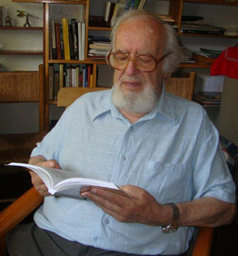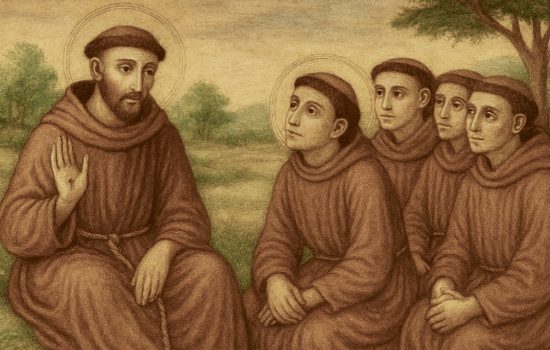When true life is given with God, the phase of immersion in his intimacy corresponds and is succeeded by the phase of donation among men. The more intense the encounter with the Father has been, the more extensive will be the openness between men. A relationship with God that does not lead to communion with men is a simple evasion in which, subtly, the person searches for himself. There must be a perpetual questioning between life with God and life with men, which must be combined integrally, conditioning each other, without dichotomies.
Mary had lived vertically an unprecedented intimacy with God. This intimacy will open her to an unprecedented communion with her brothers, represented in the case with Isabel. God is like that. The true God is the one who never in leaves peace, but always gives peace. The Lord always uninstalls and leads his friends to commitment to their fellow men.
The Mother, after having experienced the great emotions of the annunciation, did not remain there savoring the banquet. On the contrary, those energies born from her contact with the Lord give her wings to fly “crossing the mountains of Judea” (Luke 1:39) to the house of Elizabeth.
God himself had united them. The Lord had revealed to Elizabeth what happened to Mary, at least the substantial information. And the Lord himself revealed to Mary what had happened to Elizabeth (Luke 1:36). Both felt excited and grateful for having been, to different degrees, an object of predilection on the part of the Almighty.
Mary stayed with Elizabeth for about three months (Luke 1:56). What did they talk about during these three months? What was the background and central subject of their conversations?
They spoke of the consolation of Israel, of the promises made to our fathers, of the mercy poured out from generation to generation, from Abraham to the present day, of the exaltation of the poor and the fall of the powerful.
But more than talking about the poor, the prophets and the chosen ones, they talked above all about the Lord himself, about Yahweh God. When someone feels intensely loved by the Father, they cannot speak except about Him.
The Mother, remembering how she was the center of all privileges, would feel a unique emotion when speaking of her God and her Father. God, God himself, was the background and the object of her emotions, her expansions and his expressions during these three months in Ain Karim.
Naturally it was not just a spiritual outpouring, a fraternal communication. It was more than that. There was also request, help. From here María emerges as a delicate young woman with a great sense of fraternal helpfulness.
We can imagine Mary, as she always appears, attentive and helpful; We can imagine her in everyday domestic tasks: eating, cleaning, washing, knitting clothes, preparing everything that is needed for a baby, helping Isabel with the delicate prenatal tasks, doing a little bit of nursing and a little bit of midwife—there are tasks that are exclusive to the feminine world—consoling Zacarías with the mercy of the Father, concerned at all times with the thousand domestic details… It was delicacy itself made person.
Extracted from the book “The Silence of Mary” chapter 3 “Wonder Grows in The Womb of Silence” by Father Ignacio Larrañaga.










